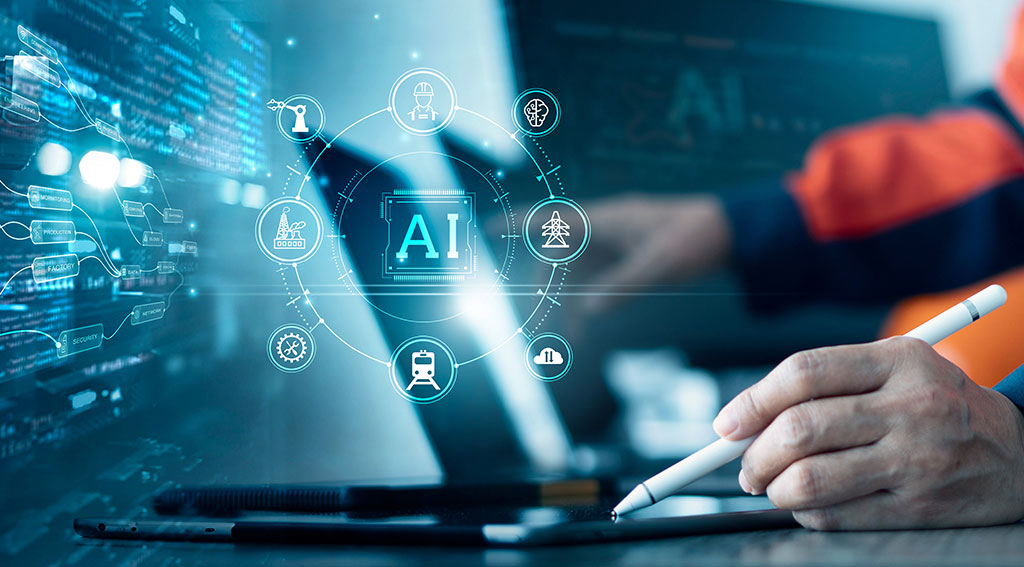
While artificial intelligence automation continues to revolutionise today’s business world, it offers many innovations that will transform business processes in the future. By automating routine and repetitive tasks, artificial intelligence technologies bring great efficiency to businesses, while minimising human error, resulting in more consistent and faster results. So, how will the future of AI automation take shape and what kind of opportunities will it offer for businesses?
Firstly, we can predict that in the future of AI automation, machine learning algorithms will further develop and intelligent systems will gain more and more decision-making capabilities. While today, AI systems mostly work under human supervision, in the future these systems will become more independent and autonomous. AI-based automation systems will have the capacity to make decisions by making meaningful inferences from large data sets. For example, artificial intelligence algorithms used in production lines will be able to predict machine failures and minimise downtime by planning the necessary maintenance.
Another important development in the future of AI automation is the further development of natural language processing (NLP) and speech recognition technologies. These technologies will make human-machine interactions more natural and allow users to interact with systems through voice commands or text. AI-powered chatbots and virtual assistants in customer service will improve service quality and reduce operational costs of businesses by meeting customer demands instantly. At the same time, AI automation will accelerate business processes by quickly fulfilling complex and data-intensive tasks.
One of the biggest impacts of AI automation in the future will be workforce transformation. While AI will automate some tasks, it will also lead to the emergence of new job fields and roles. Humans will be able to focus on higher-value tasks such as supervising, training and optimising AI systems. This transformation will allow employees to develop their creativity and problem-solving abilities, while offering businesses more innovative and flexible working models.
Another notable development will be the increasing integration of AI automation with digital transformation processes. Digital transformation enables businesses to modernise their business processes and gain competitive advantage by adopting digital technologies. AI automation will become an indispensable part of the digital transformation process and will enable businesses to work in harmony with technologies such as big data analytics, internet of things (IoT) and cloud computing. This integration will contribute to making business processes faster, more flexible and cost-effective.
Ethics and privacy issues will also play an important role in the future of AI automation. With the widespread adoption of AI systems, issues such as data security and privacy will become more important. The idea that AI algorithms should be transparent, fair and trustworthy will underpin future AI applications. Businesses must comply with these ethical and privacy standards when using AI automation and adopt a transparent approach towards their customers.
In conclusion, while the future of AI automation offers great opportunities for businesses, it will also bring new challenges. While AI technologies have the potential to make business processes more efficient, flexible and cost-effective, these technologies will need to be used correctly and ethically. It is critical for businesses to constantly update their AI strategies and follow innovations in order to capitalise on the opportunities offered by AI automation and adapt to the future. In this process, artificial intelligence automation will continue to be an indispensable tool in the business world of the future.